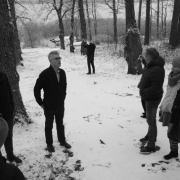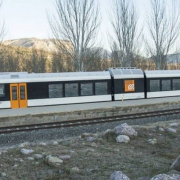MCRIT co-creation framework developed in the ESPON programme, 2017
Client: European Commission, ESPON 2020 Programme
Partners: Spatial Foresight GmbH (Leader), Spiekermann & Wegener, ISINNOVA, Basque Center BC3, Centre urban & territorial development, Institu Rozwoju, TU Delft, ÖIR
MCRIT co-creation framework was developed in the ESPON Program (2017). It involves the collaboration among a suite of stakeholders, including policy-makers, managers, planners, and citizens to understand the problems, explore future alternatives, create visions by consensus and develop robust strategies in ways that are feasible. To enable this interaction and facilitate knowledge production we propose a stepwise framework.












